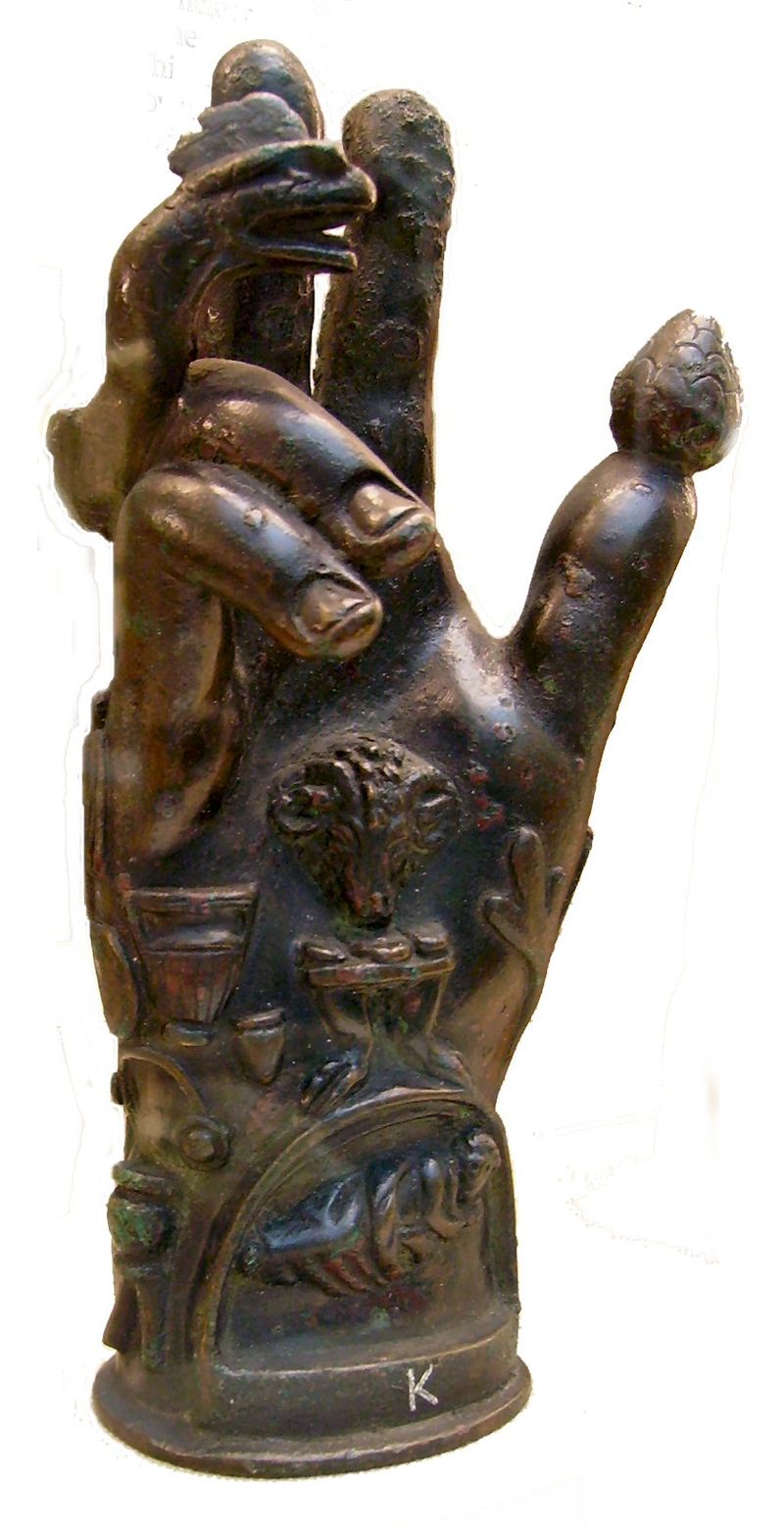what is "the moment"Meditation isn't for deeper thought though really. It's to clear your mind so you're more in tune with the moment and your sorroundings.

how you doin friend

Ananke - Wikipedia

Hildisvíni - Wikipedia
what is "the moment"Meditation isn't for deeper thought though really. It's to clear your mind so you're more in tune with the moment and your sorroundings.



No.
It's about how willing you are to let go of needing to flex your intellect and ask questions that trigger expanse. To surrender to the idea that you could actually get an answer in such a way.

The ego finds the majority of it's comfort in 'knowing' and breaking down process. So of course you tell someone who is preoccupied with materialism how to jump the rails and they fold their arms and speak about delusions, as if any of us see reality as it is.
We are all hallucinating. Most just do it within the parameters of the matrix, where even the most mundane life is as much of a hallucination than as parting a red sea.
if that's what you think..........*
I know somethingif that's what you think..........*

word*I know nothing
is there a such thing as empty space?
Isaiah 66:1
Gematria value of the lord of hosts is 661 - English, Hebrew and Simple Gematria Calculator Values
I'm not sureDo you believe in gematria?


This right here I think
Warning. I didn't rewatch these but it looks familiar to what I saw before.
In general there's a whole branch of scholarship that examines this subject. So get to Googlin
And a slimmed down excerpt which is seemingly pretty juicy.



 sharp sword indeed
sharp sword indeedboth the Talmud and the Quran mention Jesus@DoubleClutch
This is a fact
There are zero historical documents that mention Jesus outside the Bible.
The writings used in the Bible are the only mentions of Jesus and the earliest ones were written way after the lifetimes of any supposed witnesses

Yodh is originated from a pictograph of a “hand” that ultimately derives from Proto-Semitic *yad-. It may be related to the Egyptian hieroglyph of an “arm” or “hand”

[citation needed]

that’s a nice way to look at it.
no man is perfect
but Jesus was sinless according to Christians (and I guess Muslims but they don’t count) so he did what Adam couldn’t do in a sense
I still think Adam was made with the intention of being “good” or perfect other than why would God knowingly create something flawed on purpose
Adam sinned because he had free will and is just a “man” in contrast to Jesus.
nobody (other than Jews) find any fault in Jesus or his teachings
of course “God” cannot sin anyways.
On a side note, thanks to Koichos I now know where Raphael Saadiq gets his last name from
The gimatriyyaʾ of חוּר is 214; the transliteration(s) is (are) irrelevant.
@DoubleClutch
This is a fact
There are zero historical documents that mention Jesus outside the Bible.
The writings used in the Bible are the only mentions of Jesus and the earliest ones were written way after the lifetimes of any supposed witnesses

To add: the expression 'when you hold up your hands' (see Y'shaʿyohu 1:15) is a reference to the kohanim performing the ceremonial 'benediction' as prescribed by the Torah (B'midbor 6:24-26). The L'wiyim—the Jewish 'aristocracy'—are divided into Kohanim (who are just one family, that of Moshah's brother, ʾAharon) and non-Kohanim (the rest of the tribe of Léwi). At the present time, the only ceremonial function performed by l'wiyim is pouring water over the hands of the kohanim prior to the latter ascending to the duchon (platform) in order to pronounce bir'kath hakohanim. When doing so they separate their fingers into two pairs, like this: \\// (à la Leonard Nimoy ז״ל - who revealed in an interview that he once saw the kohanim doing this as a child, and adopted this sign when he played his 'Vulcan' character Spock in the TV series Star Trek). The kohanim raise their hands every day in Y'rusholayim תוב״ב, and there are often many hundreds of them at the western wall of the ancient Temple compound on shabbothoth and haggim, including little pir'hei k'hunoh who can sometimes be as young as ten (donning adorable little tallithoth) who will often go up with their fathers and recite it. Accordingly, the practice of facing toward a wall when praying is ancient and evidence of it is even to be found in the Hebrew Scriptures, for example:
:וַיַּסֵּב חִזְקִיָּהוּ פָּנָיו אֶל־הַקִּיר וַיִּתְפַּלֵּל אֶל־יְיָThen Hizqiyyohu turned his face toward the wall and prayed to Hashem. (Y'shaʿyohu 38:2)
כָּל עַצְמוֹתַי ׀ תֹּאמַרְנָה יְיָ מִי כָמוֹךָHashem—all my bones will ask 'Who is like You?';
מַצִּיל עָנִי מֵחָזָק מִמֶּנּוּ
:וְעָנִי וְאֶבְיוֹן מִגֹּזְלוֹ
rescuing a poor man from one who is stronger than he,
a poor or destitute man from one who would rob him! (T'hillim 35:10)